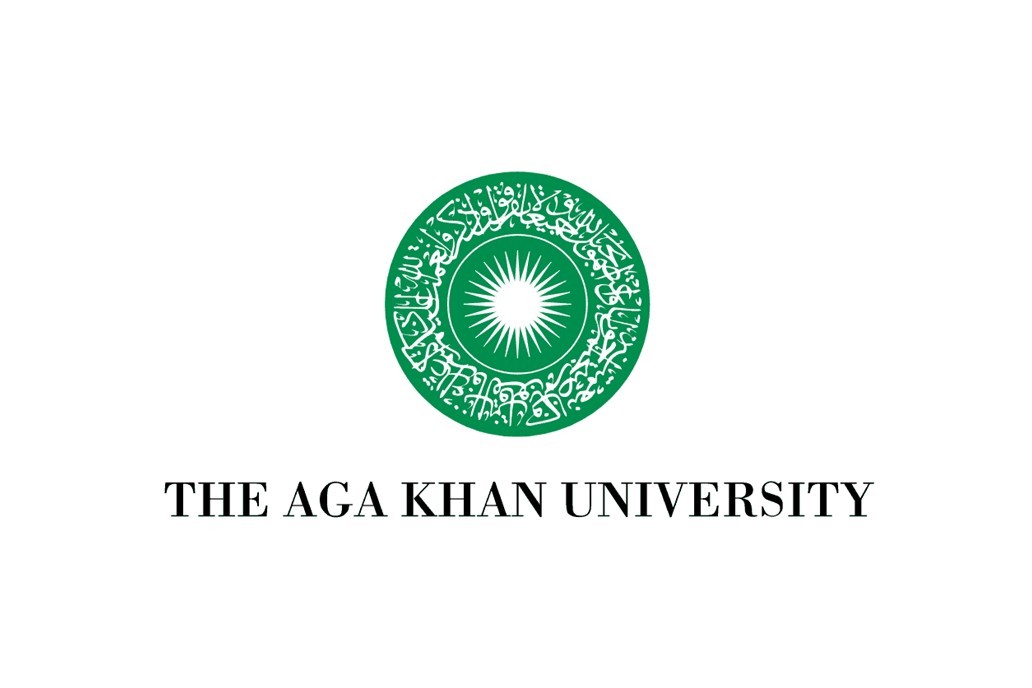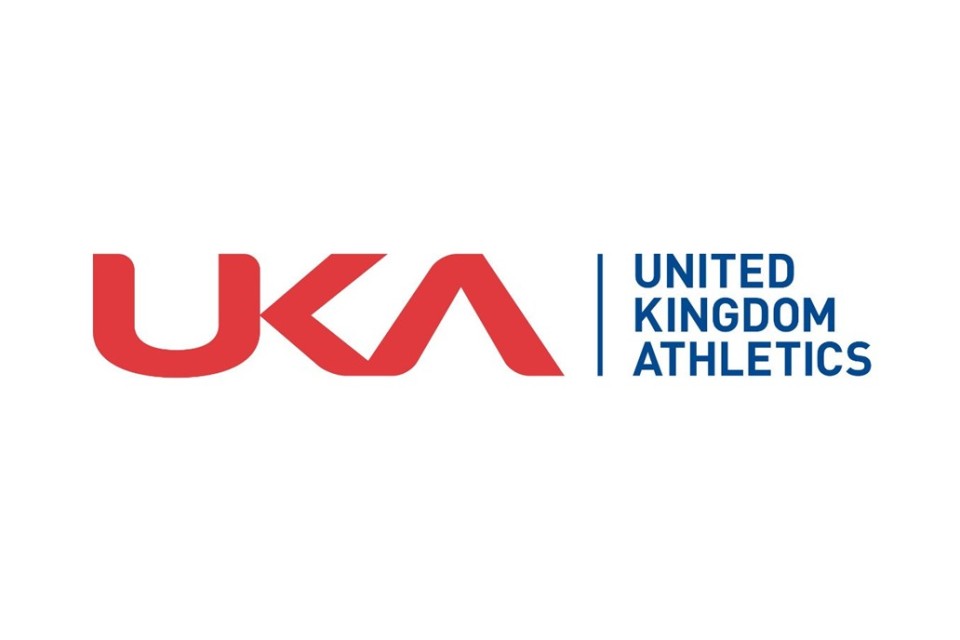Tue, June 24, 2025
University study exposes widespread abuse of female athletes in East Africa

There is a pressing call to take greater action to protect women in sports as violence against female athletes within Africa has significantly risen, according to Aga Khan University. Last week, the university published Sexual and gender-based violence against women in sports: prevalence, impact, and interventions in East Africa.
This report analysed 748 survey responses and 18 interviews across 32 sports federations. 62% of Tanzanians said they have experienced violence or know someone who has. 69% of Kenyans reported the same, which is a 43% increase from 2022, and an alarming statistic.
In Uganda, 48% of women aged between 18 and 44 reported violence within a sports context. Interestingly, over a third of respondents referenced spectators as the main perpetrators, highlighting a broader and increasingly significant issue of a failure to control crowd misconduct within sports.
According to the study, 82% of female athletes are more susceptible to Sexual and Gender-Based Violence (SGBV) than men. Verbal abuse is most common, followed by emotional, physical and sexual abuse.
Coaches, officials and spectators are the main perpetrators of sexual abuse: “The findings indicate that SGBV is prevalent in sports and that the major perpetrators are people close to the athletes, given that coaches, team officials and teammates account for 55% of reported notorious perpetrators in East Africa.”
The study also indicates that professional athletes are more vulnerable. These athletes are often exploited as they are promised enhanced opportunities if they refrain from speaking out about their abuse.
One of the respondents expressed: “It takes away your voice. You start to doubt yourself; you question everything, your worth, your talent, even your memories. And when you speak up and nothing happens, or worse, you're punished for it, that silence becomes a wound that never heals. You lose the sport you loved, but also the self you were before it all happened.”
The report indicates that as a result of female athletes “losing the sport they love” due to abuse, there is “a lack of experienced female mentors and leaders in sports, further solidifying male dominance and impunity.”
Just last September, Olympian Rebecca Cheptegei was set on fire and murdered by her ex-boyfriend in Kenya. Agnes Tirop, an Olympian from Uganda, was also brutally murdered by her husband.
Hebson Owilla, Research Associate at the university, voiced: “The findings speak to a very strong basis upon which the issue of sexual and gender-based violence in sports can be addressed. It is not so much about the findings as it is about what these findings suggest should be done, including supporting sport federations and associations to provide safety and security for women in sports.”
Furthermore, “the research reveals that SGBV in sports is a systemic issue reinforced by entrenched patriarchal norms, leadership and operations that privileges and protects men in positions of authority, weak accountability structures, and a pervasive culture of silence within sports institutions…
Further, there is a need for enhanced funding of federations and associations to support safety and security, efficient reporting mechanisms and structural interventions, especially in provision of training equipment and kits, to protect female athletes and reduce dependency-driven abuse.”



